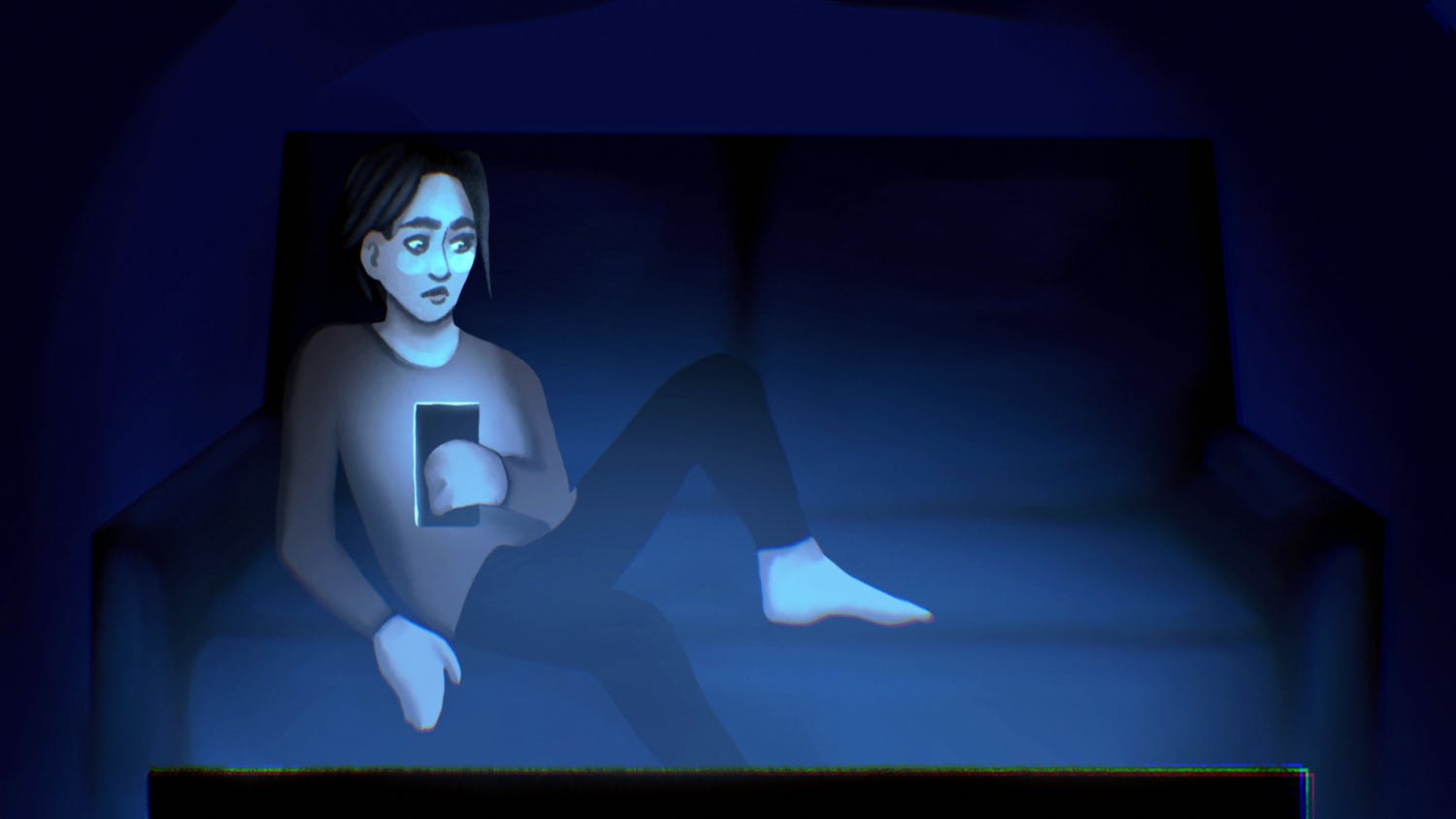Sex, profanity, nudity and violence.\nThese are the foundations of good television. And yet network shows have re-embraced the philosophy of Least Objectionable Programming, whereby they show a nice, clean and sanitized version of life. That's why the kids on "Dawson's Creek" don't engage in orgies of carnal delight.\nEven the network shows that emerged during the early 1990s and told viewers where to shove their sensibilities are getting tired and formulaic. "Law and Order," "ER," "NYPD Blue" and "The X-Files" all just linger on in creative comatose, unable to compete with the future of television: Cable.\nYes cable. Without the FCC making sure that viewers aren't exposed to reality, cable shows like "The Sopranos" and "Oz" have the creative freedom to create a characters which network TV won't touch: Antiheroes.\nThe networks, meanwhile, are just too afraid to create characters that do not represent the audience's ideal self. Gone are the days of NBC's "Hill Street Blues," which showed the moral ambiguities of police work.\nInstead, we have shows like "Third Watch" (10 p.m. Monday, NBC), which represent all the tried and tested television formulae that just don't work when you can watch the topless Greek chorus of strippers on "The Sopranos" comment on life.\n"Third Watch" is about cops, firemen and paramedics. All it needs are a few lawyer characters so that it can rip off every prime time network drama ever made. "Third Watch" elegizes police work as a holy calling, showing how cops must bear the tremendous personal cost of serving and protecting the public.\nWhile I'm not dissing cops, if Serpico taught us anything, it's that the word "cop" is not always synonymous with the words "good guy." Once, many years ago, a cop gave my grandpa a gun, which he called a "spare." When my grandpa asked what that meant, he said, "Let me put it this way -- the New York police never shoot an unarmed man."\nOn "Third Watch," the cops are not morally ambiguous, they are tragic heroes. The episode I saw was about a New York cop named Faith (Molly Price), whose dedication to her job is unquestionable. She makes it her mission to hunt an escaped child molester. But she works so much that she gets along better with her partner than her family. She is estranged from her daughter and her alcoholic husband, from whom she keeps her abortion secret.\nWhy does her life suck? Her new partner answers this question, and sums up the episode's pretentious plot, when he tells her that her role as a protector causes her to suffer, "Sometimes what makes you a good cop messes you up as a person," he says.\nTHUD!\nSorry, that's the sound of me slamming my palm into my forehead.\nThis kind of oversimplification was typical of cop shows before "Hill Street Blues." Unlike "Third Watch," the cops on "Hill Street" were not martyrs. Their dedication to their jobs was not always heroic. Take one cop, Mick Belker (Bruce Weitz), who gleefully tackled pimps and pickpockets and bit prisoners ... all in the pilot episode!\n"Hill Street" also undermined the holier-than-thou mentality that Faith and the other cops on "Third Watch" have about their jobs. The cops on the Hill were stuck in a job where traditional notions of good and bad were impotent. In the pilot, the role call Sergeant asks the cops to surrender their "bizarre and unauthorized" weapons, and each takes out switch blades, nunchucks and sawed-off shotguns, only to collect them again before being dismissed.\nIf the networks want a snowball's chance in hell of competing with cable, they have to rediscover the moral gray area.
'Third Watch' is no 'Hill Street'
Get stories like this in your inbox
Subscribe





